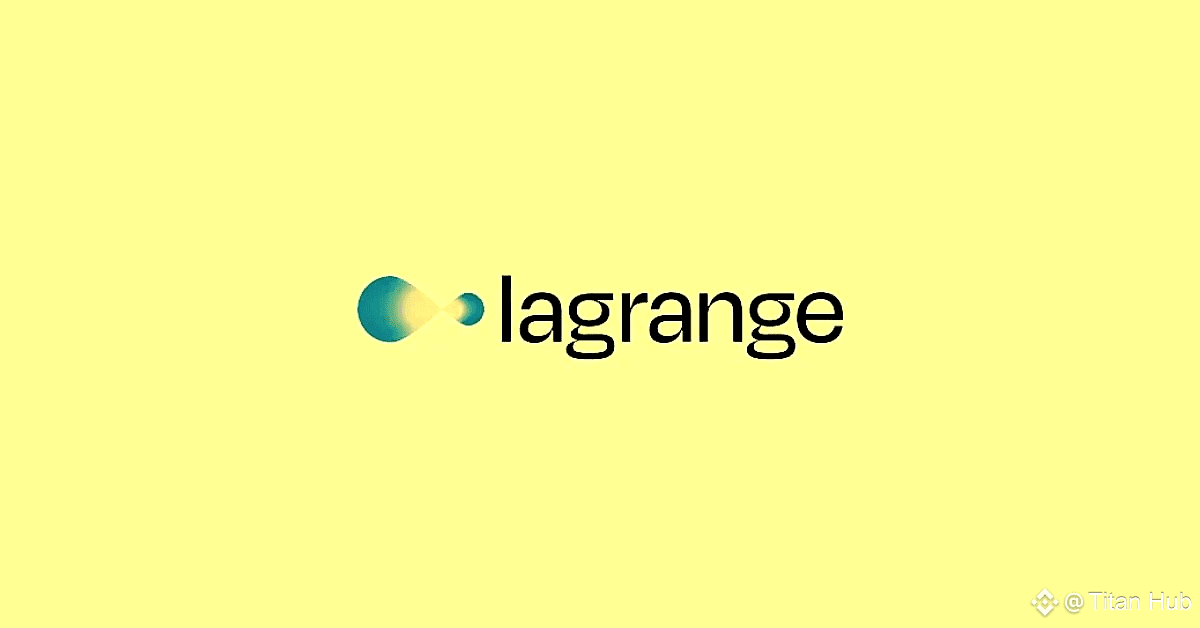#lagrange is a decentralized protocol that uses Zero-Knowledge Proofs (ZKPs) to enable verifiable computation. Its primary goal is to address key challenges in blockchain, such as scalability and privacy, by providing an infrastructure for creating and verifying cryptographic proofs.
Core Components
Zero-Knowledge Proofs (ZKPs): At its heart, Lagrange uses ZKPs to let computations happen off the blockchain (off-chain) while still being verifiably correct on the blockchain (on-chain). This is done without revealing the original data, which is key for privacy and for reducing the computational load on networks.
Prover Network: The Lagrange Prover Network is a decentralized system of nodes. These nodes, called provers, generate the ZKPs needed for different applications. Provers are rewarded with the native LA token for their work, which incentivizes them to contribute to the network.
ZK Coprocessor: The Lagrange ZK Coprocessor enables smart contracts to run complex, data-heavy computations off-chain and then verify the results on-chain. This allows developers to build more advanced decentralized applications (dApps) that would otherwise be too computationally expensive to run directly on a blockchain.
Innovative Applications
Verifiable AI: Lagrange's DeepProve system uses ZKPs to cryptographically verify the accuracy of AI model outputs. This is a crucial application for industries like healthcare and finance where trust and data privacy are essential, as it ensures that the results from AI are correct and haven't been tampered with.
Connect with @Lagrange Official
